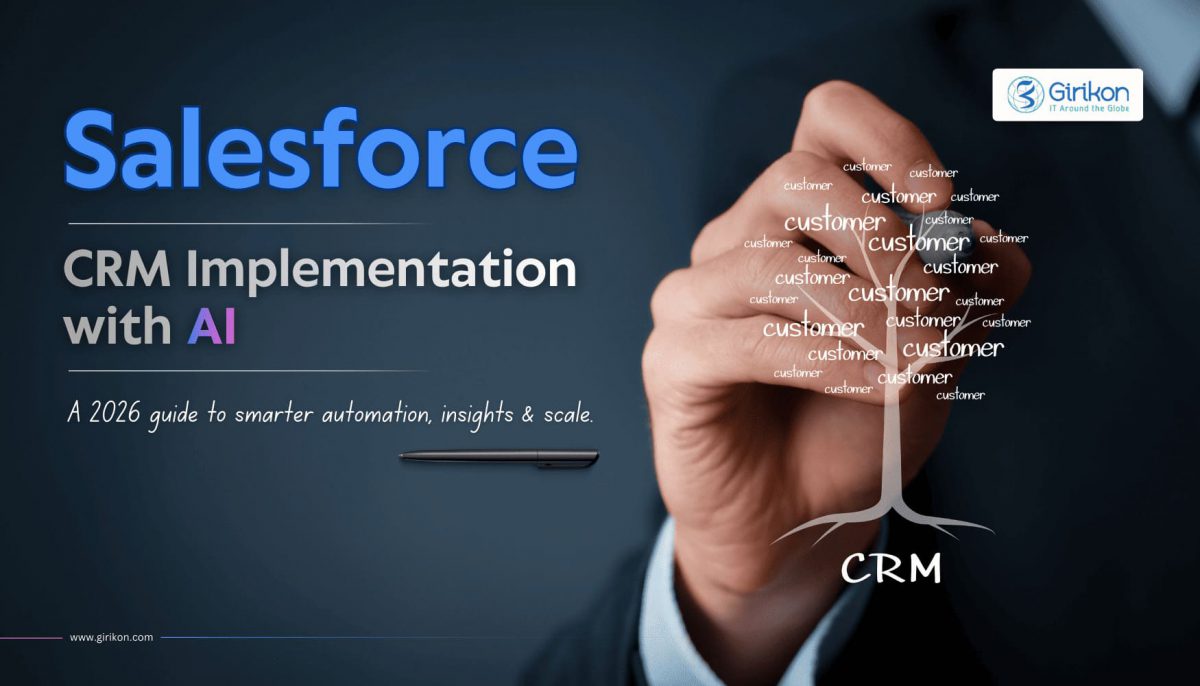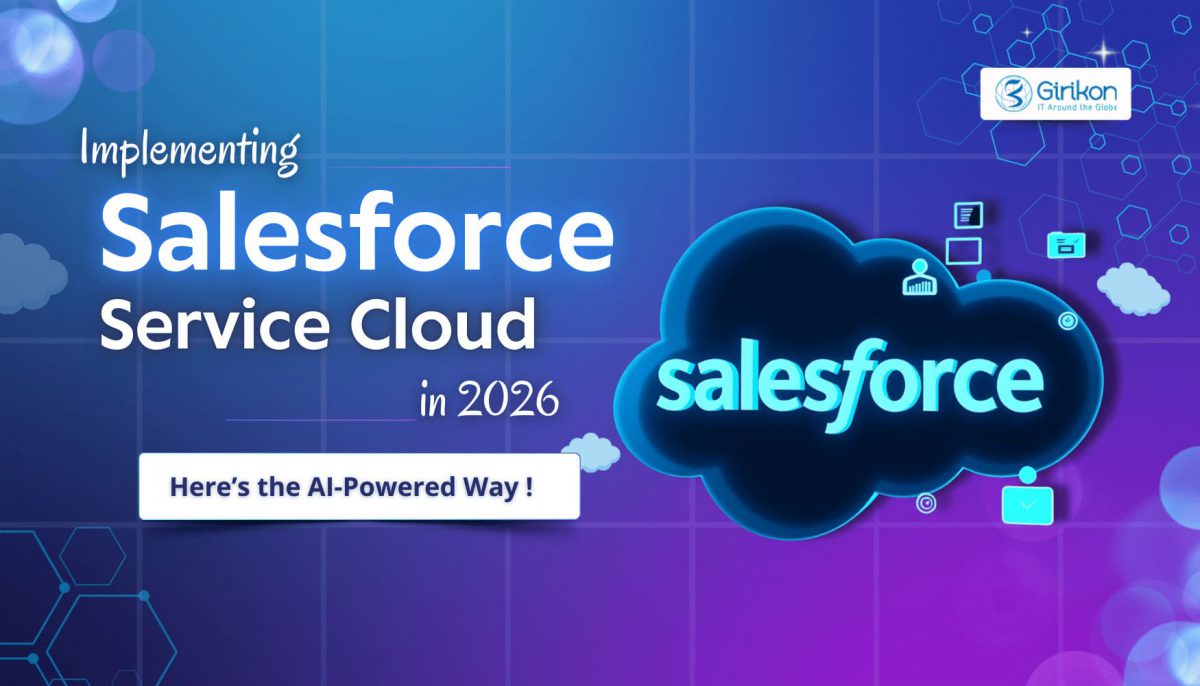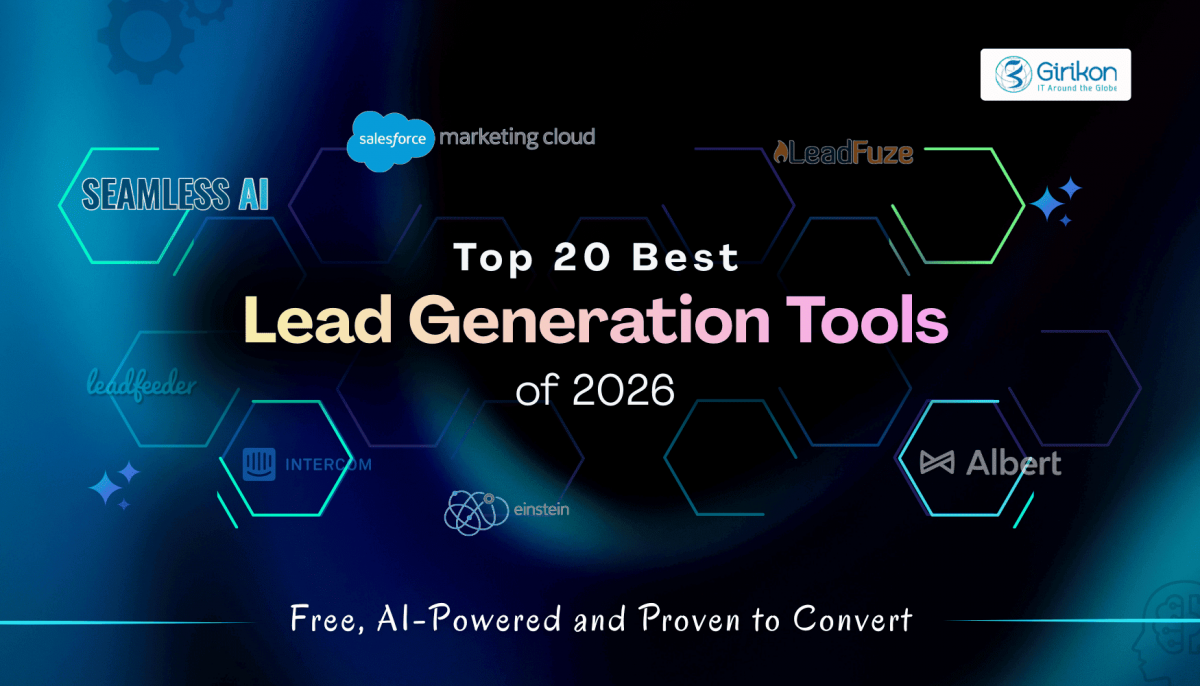The retail industry is dealing with increasing costs, declining sales, disgruntled customers, and stiff competition. This has encouraged retailers to adopt technology tools and solutions to enhance operational efficiency and improve customer interactions. In fact, the retail industry offers a lot of scope for technological transformation in areas of supply chain management, inventory management, sales, marketing and more thereby empowering retailers to increase the overall efficiency and profitability of their business.
One such technology that has the potential to transform the retail sector is artificial intelligence, which has helped retail businesses boost their speed, efficiency, and precision. Let’s dive in a bit deeper to find out how:
Cognitive Inventory Management: The thinking capability of AI can be leveraged to determine the inventory components basis of the current sales trend. Depending upon the data available, AI draws inferences and forecasts of probable scenarios, provides recommendations, and even takes necessary actions with human approval. Well trained algorithms can be used to make decisions, which improve efficiency. An AI-powered system can process huge amounts of data and help create an inventory that is tailored as per the current market trends and customer demand.
Customer Purchase History: With an AI-powered CRM, organizations can target the specific interest of buyers. By breaking down huge volumes of data, AI tools can be used to identify the purchasing pattern of customers and understand their preferences. The AI-powered systems can further recommend similar kinds of items to the customers for purchase. To integrate an AI-powered CRM, retailers should consider partnering with a Salesforce implementation partner.
Interactive Interactions: Customers always look for a prompt response and with an AI-driven chatbot customer service can be improved significantly. These chatbots are trained to communicate with customers and provide answers to frequently asked questions and provide customers with the necessary support. These bots gather useful customer data and use it to determine their preferences and purchasing pattern.
Streamlining Supply Chain: The retail industry can streamline their supply chain by leveraging AI-powered tools. This might involve categorizing in-demand products, transporting them, tracking the shipment, and inventory management. With an AI-powered CRM in place, the retail industry is poised to attain new levels of efficiency while maintaining a good customer relationship.
Why Should Retail Businesses Consider Leveraging Salesforce Einstein?
Salesforce Einstein is an AI-powered CRM that integrates predictive analytics, and machine learning. Apart from this, there are other features such as Einstein discovery that allow users to figure out hidden data patterns in customer data. Other important features such as Einstein prediction builder provides for business predictions through custom AI models. Bots connected to CRM along with the integration of computer vision make use of deep learning models for identifying the make, model, or brand via product images. Another innovative feature is the Einstein voice assistant that helps in interacting with users in real-time.
Quick Wrap-up:
Given the growing preference for online retailing by customers, organizations working in the retail sector are gradually adopting AI-powered solutions to enhance operational efficiency and business productivity. With a robust AI-powered platform like Salesforce Einstein in place, retailers can provide exclusive customer experience while taking business efficiency to the next level. If you are looking for implementing Salesforce Einstein within your business ecosystem, it’s in your best interest to get in touch with a reliable Salesforce consultant.
The global insurance sector is undergoing a dynamic change due to digital transformation. This digital disruption has forced insurance providers to either make significant changes to their business models or face the risk of being ruined. However, insurers, especially traditional insurers may find themselves at a competitive disadvantage owing to their age-old business models, as well as hefty investments made in infrastructure. In fact any change to their business model might be extremely difficult for some insurers as it may cannibalize their existing business.
To create efficiencies leading to higher profitability or a competitive position, insurers are leveraging innovative technology solutions that too without making significant changes to their business models. Insurance regulators are indeed viewing technology as an enabling solution that can help them better realize their mission of warranting a competitive and sustainable insurance market. Today, insurance providers are doing away with traditional customer servicing methods and are opting for robust insurance CRM software that has helped them manage everything from a single place.
Let’s take a quick look as to how a robust CRM like Salesforce drives positive growth for businesses that are a part of the insurance sector:
Personalized Services: CRM software provides users a great way of increasing the understanding of existing and potential customers. This enables them to provide personalized services according to the unique requirement of every client. Financial service cloud by Salesforce paves way for marketing automation, which enables brokers to nurture leads and then turning them into customers while connecting with customers at the right time, and with the right product advice. Salesforce CRM software for insurance also helps in delivering personalized services to the policyholders. To implement Salesforce insurance CRM software within their business ecosystem, insurance organizations should consider partnering with an experienced Salesforce Implementation Partner.
Improve Customer Loyalty: Offering superior customer service is a key way of improving customer loyalty. Insurance companies that have implemented robust cloud-based CRM get access to meaningful insights that are required for providing personalized sales, claims, and service-related interactions for a huge client base. Moreover, a cloud-powered solution can be integrated with different departments such as sales, marketing, etc., which allows staff and clients to connect irrespective of their location thereby paving way for a more integrated environment.
Secure Repeat Business: A robust CRM can be leveraged to utilize multiple aspects of a business. This presents a cost-effective way of bringing people together, breaking data silos, providing a single view of customers. This allows insurance teams or brokers to sell (up-sell and cross-sell) more while making repeat sales to existing customers by keeping the need of each customer at the center of communication regarding sales, marketing, and support.
Wrap Up:
Salesforce CRM software for insurance provides insurance companies an opportunity to support their customers in a way that extends their journey with the organization rather than providing momentary service and support. With competition within the industry becoming fiercer, Salesforce CRM for the insurance sector can make organizations stand out of the crowd. Organizations looking forward to enhancing business efficiency and ROI by implementing Salesforce insurance CRM should should seek assistance from a reliable and certified Salesforce consultant.

 +1-480-241-8198
+1-480-241-8198 +44-7428758945
+44-7428758945 +61-1300-332-888
+61-1300-332-888 +91 9811400594
+91 9811400594


















